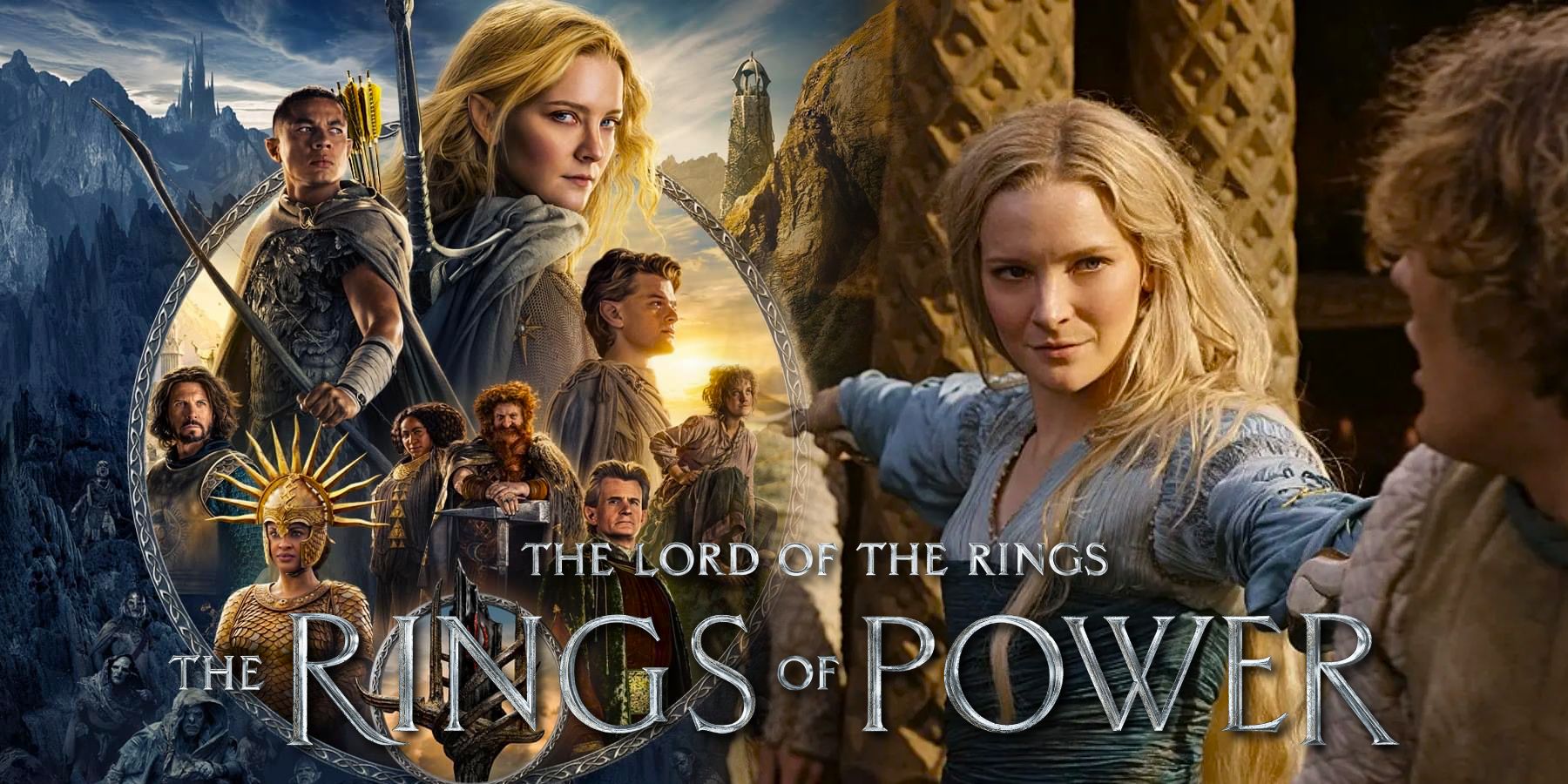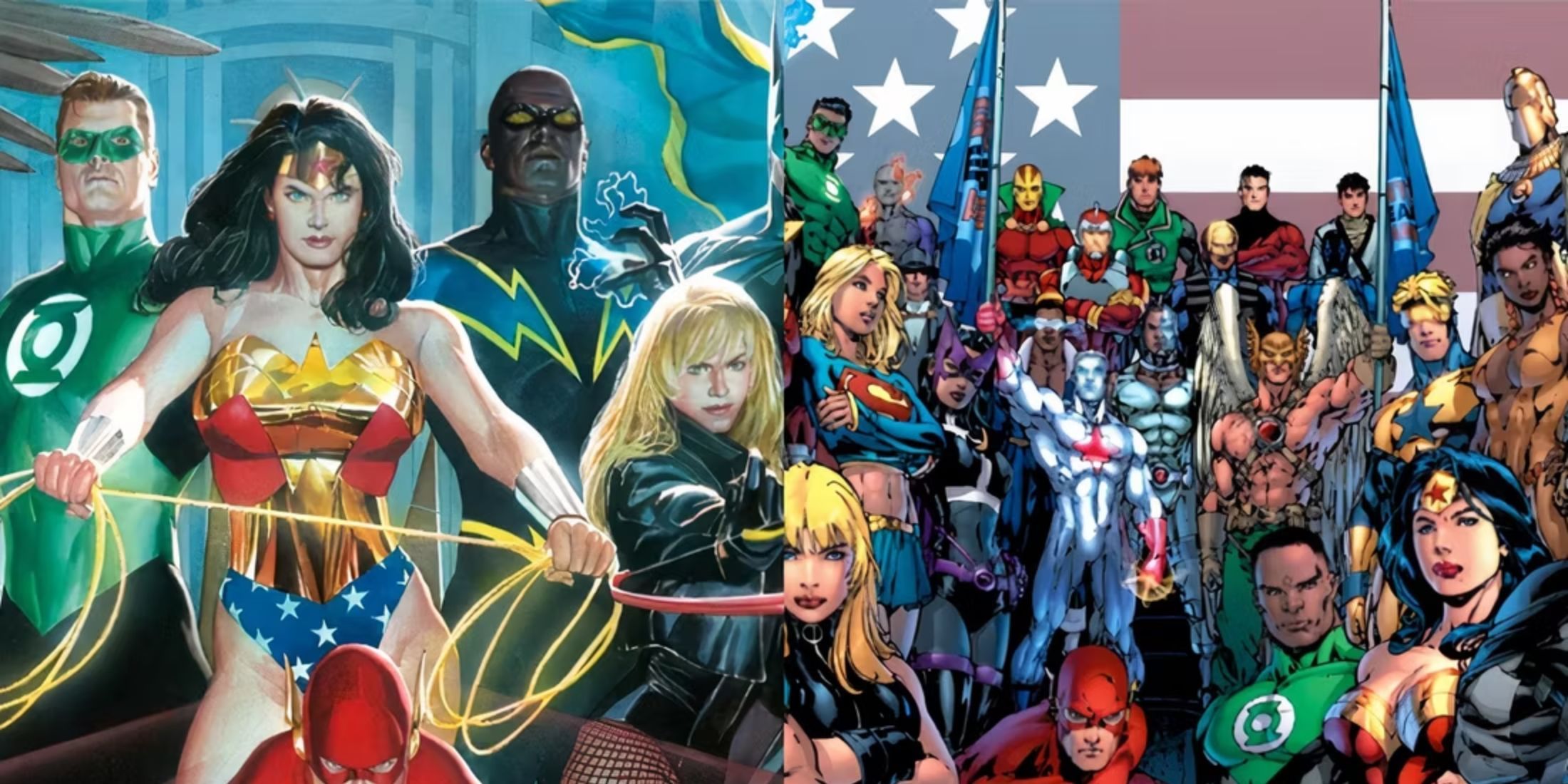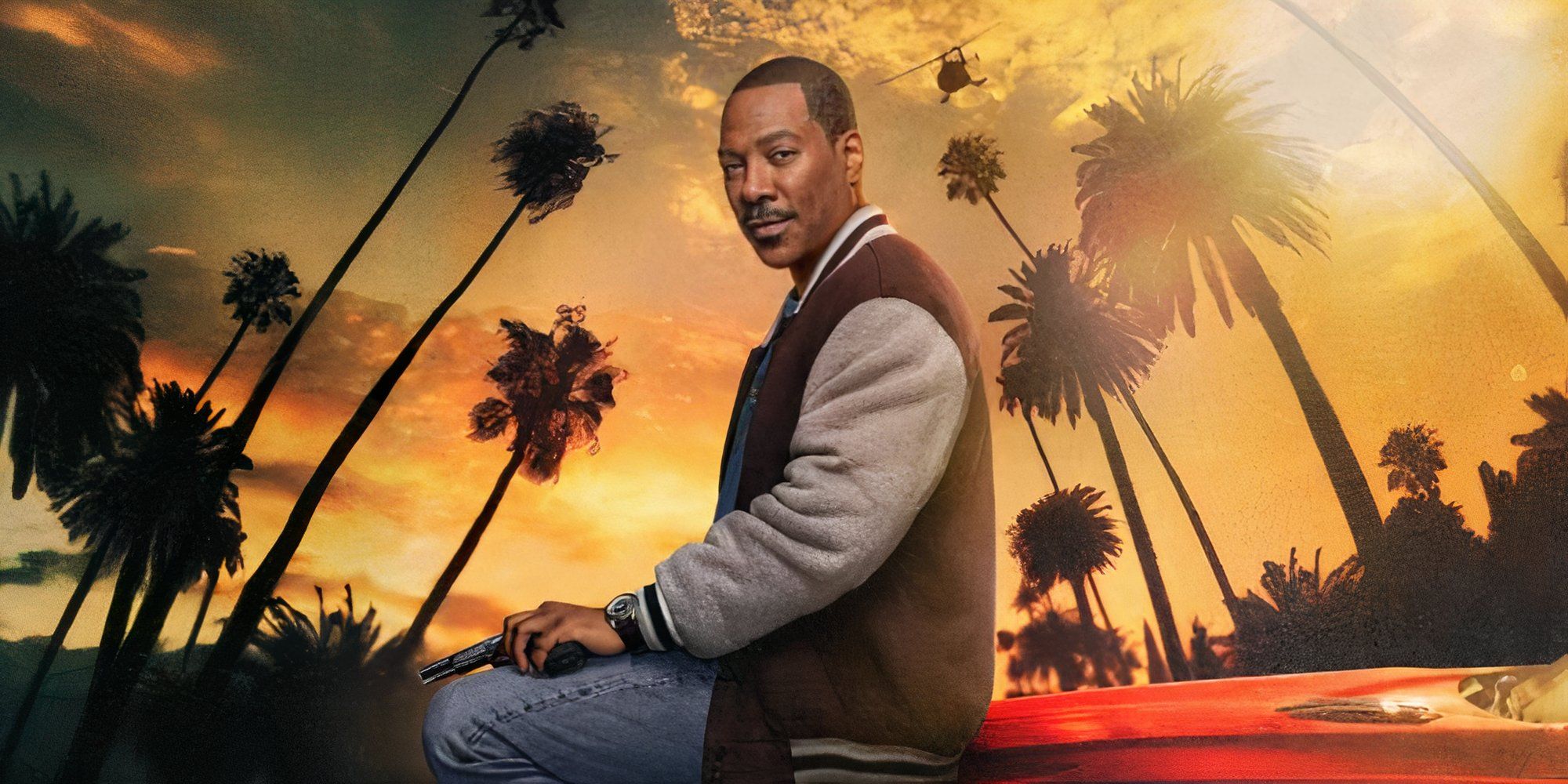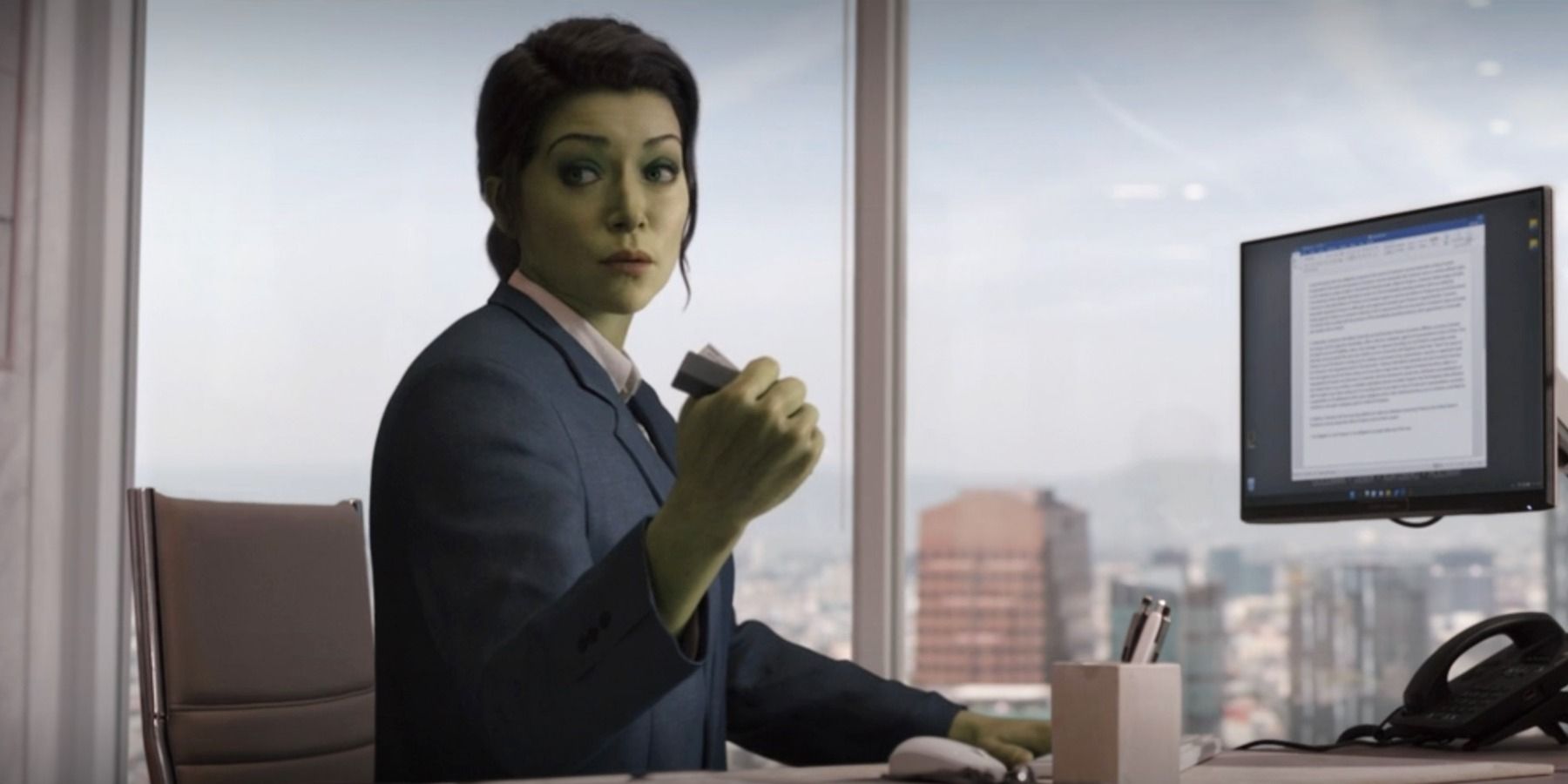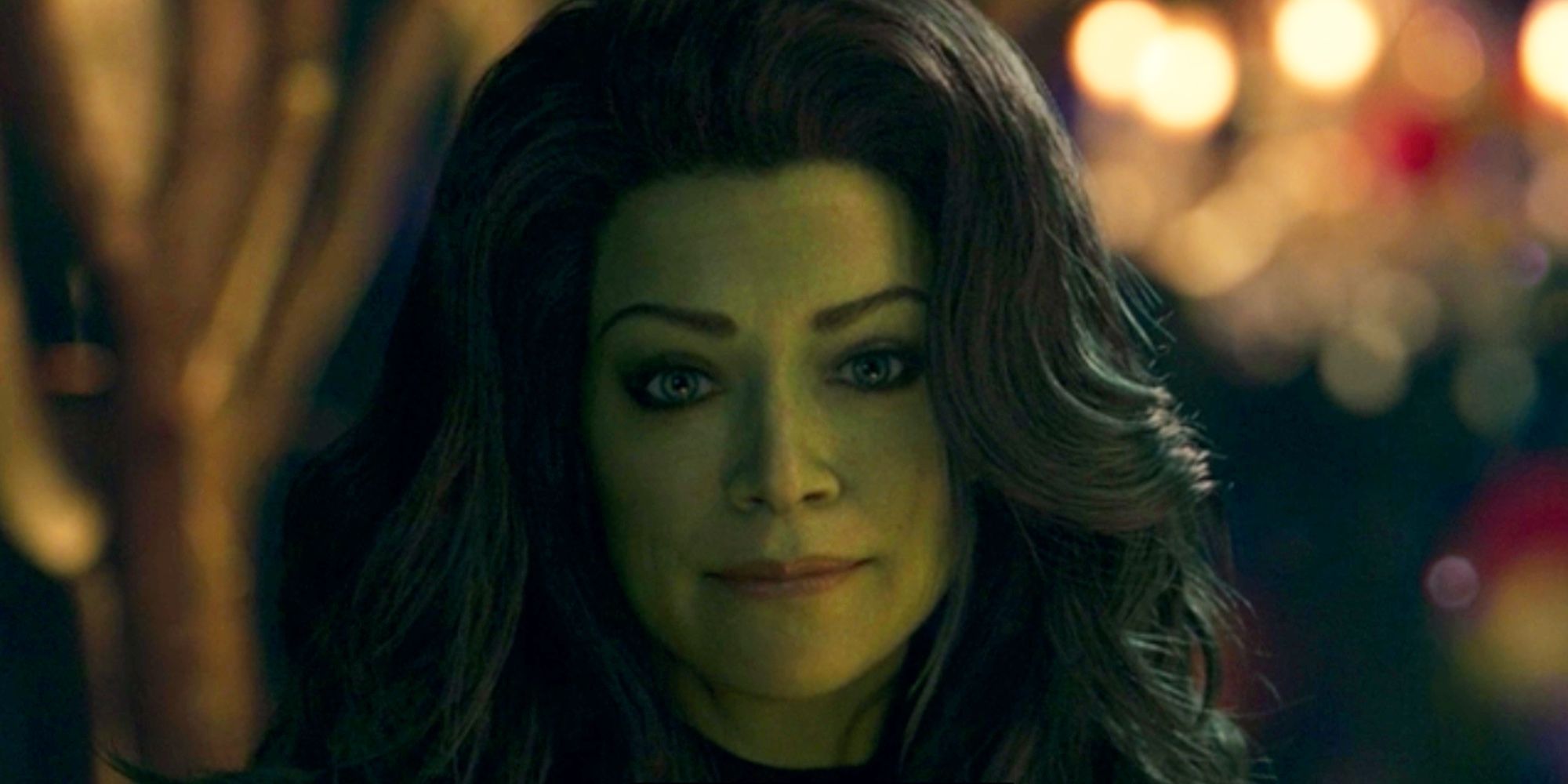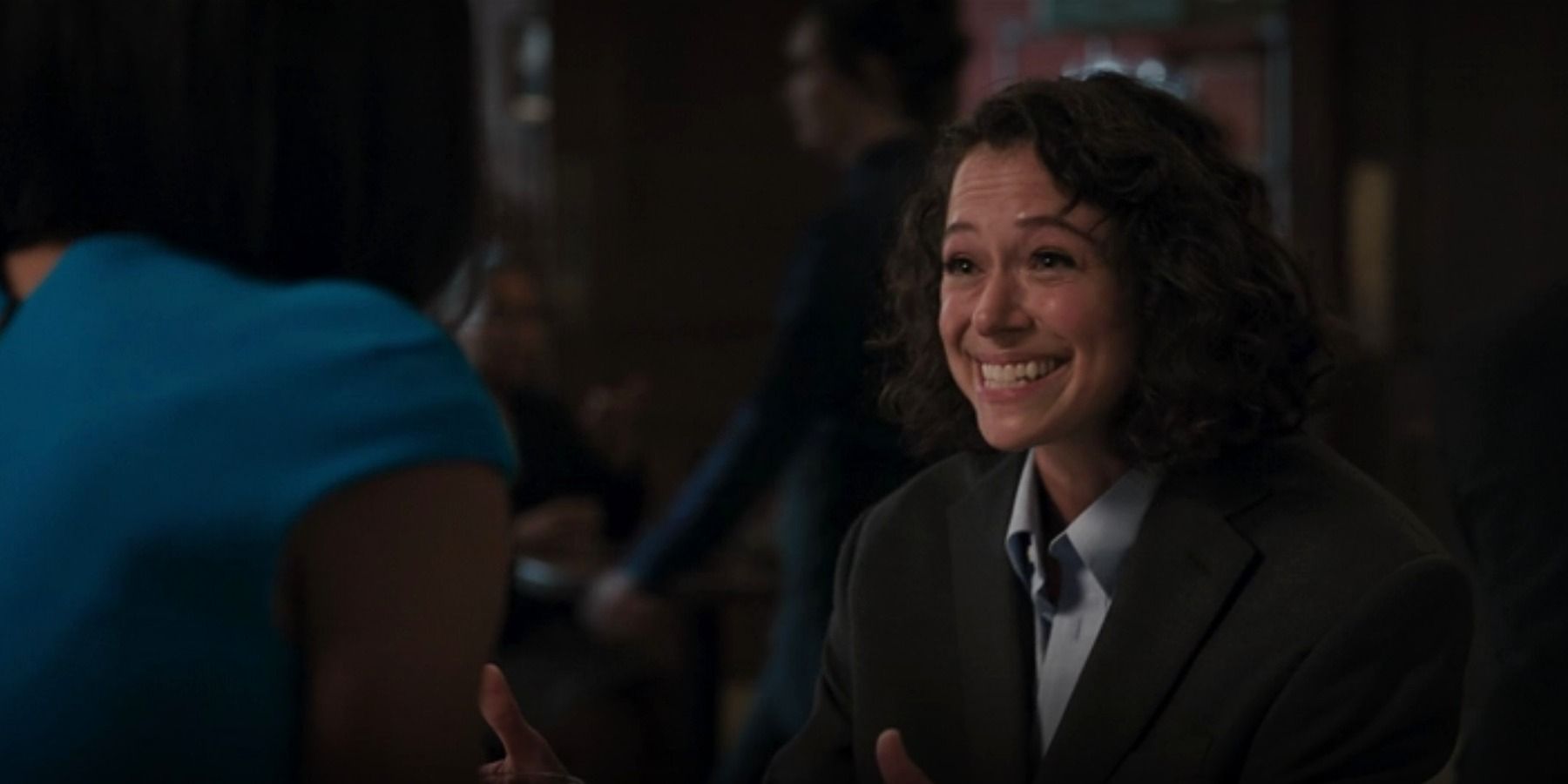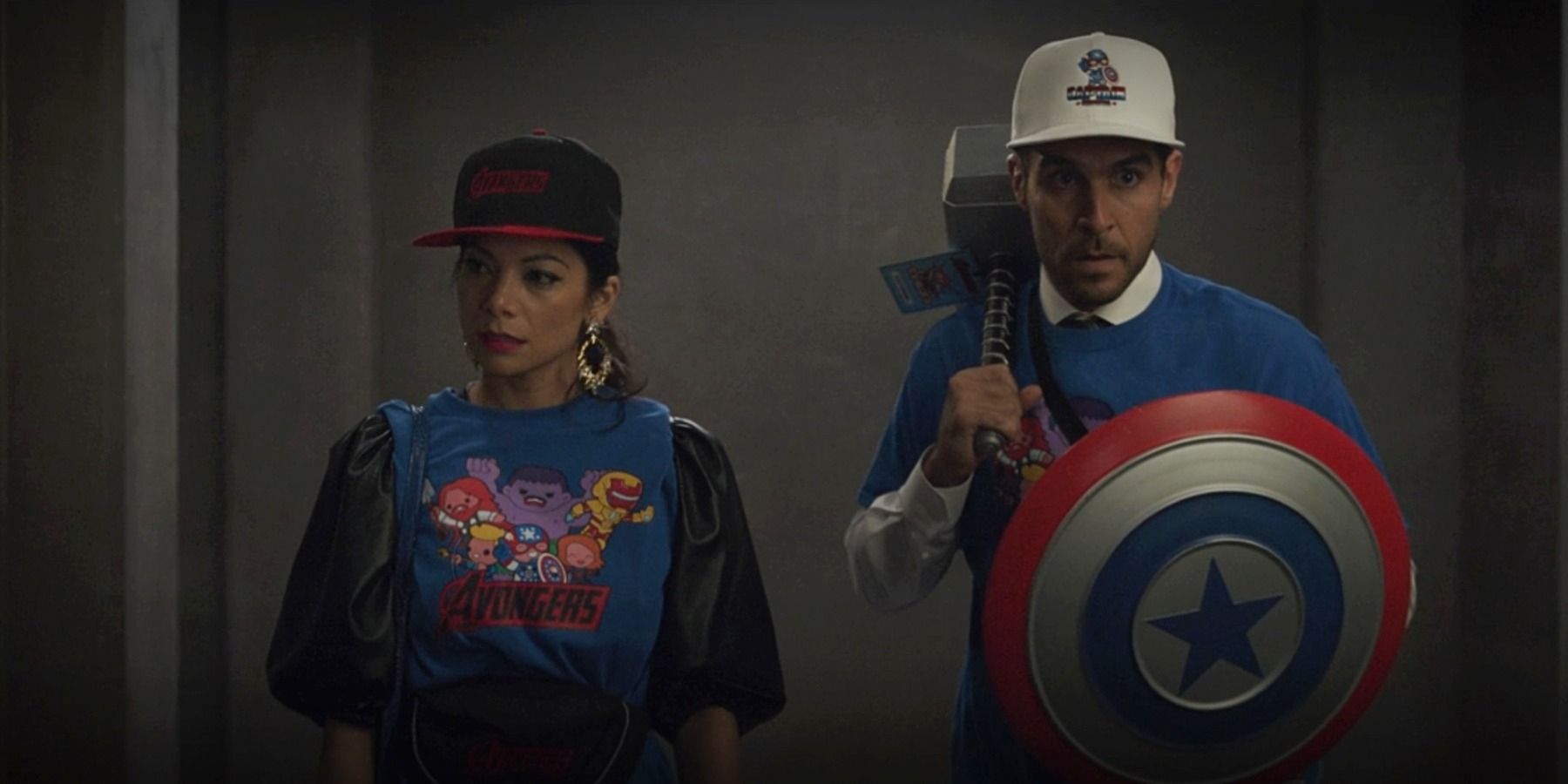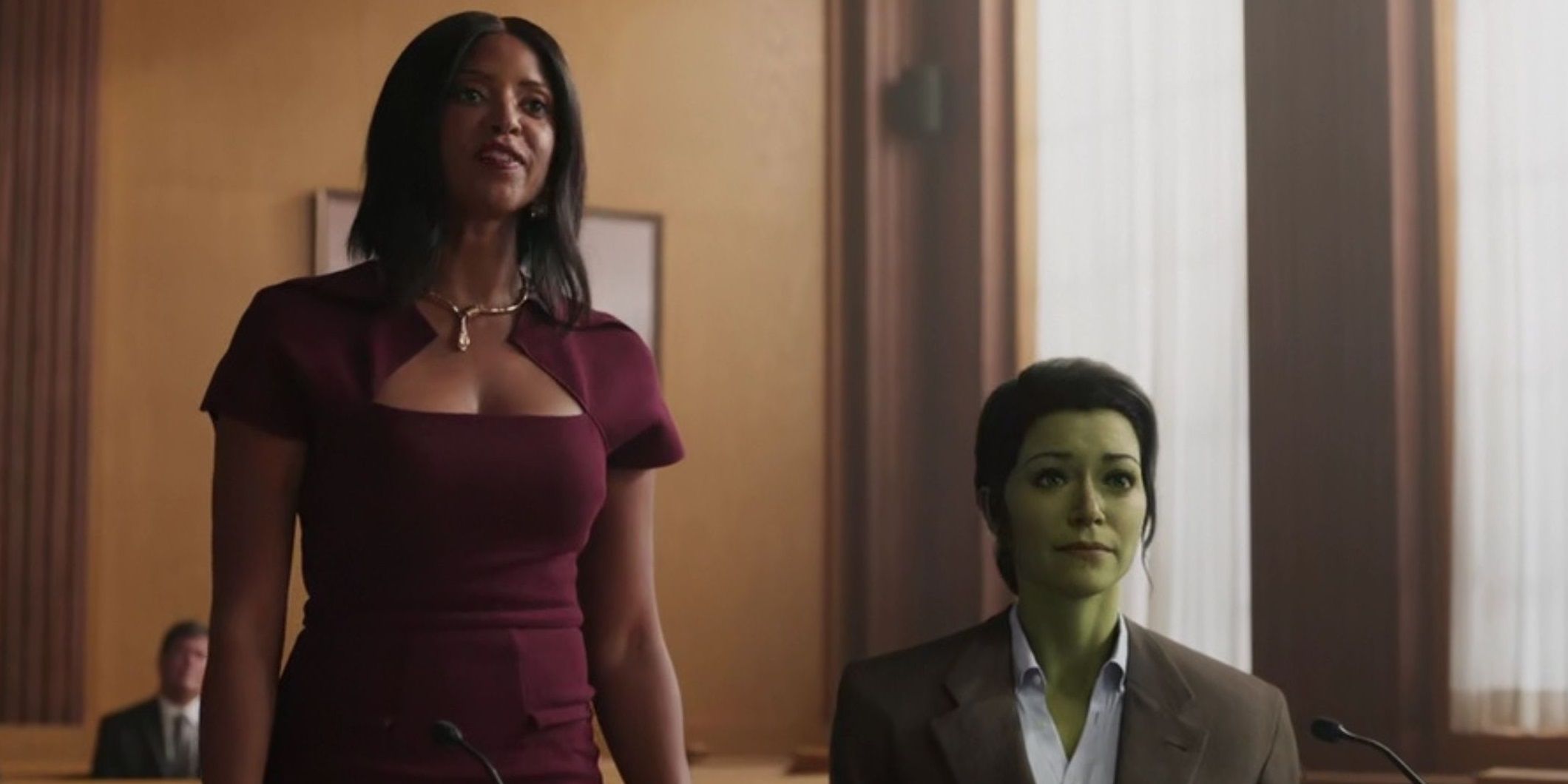It took almost 2 years to happen but, finally, with She-Hulk the Marvel Cinematic Universe has fully transitioned into television. Nevertheless, with that being the case, some fans may be beginning to wonder how good of an idea that really is, especially for a character that’s looking to stay around for the long run.
See, in the lead-up to She-Hulk’s MCU debut, the writers behind the series had sold the core idea of the show as some sort of legal comedy that was meant to be heavily influenced by Ally McBeal, and Legally Blonde, both widely-acclaimed pop culture gems, but with a Marvel Comics twist. However, five episodes in, it really seems like She-Hulk has borrowed some of the most dated tropes of old sitcoms with a storytelling style that doesn't take advantage of its lead star Tatiana Maslany.
Porting The MCU Flavor To TV
Despite the Marvel miniseries having a seemingly established formula (origin, revelations, and final battle), all the Disney Plus shows so far have looked to adapt the classic 3 act script used by most MCU films, rather than present themselves as truly episodic stories. That is to say, with a few exceptions here and there, MCU shows feel more like an extended 6 to 8 hours movie than a proper TV series, an idea that is hardly flawed considering how well every one of those had done for the streaming service.
WandaVision’s first few episodes drew comparisons to sitcoms of old, Loki had those Twilight Zone vibes and the multiverse going for it, and Ms. Marvel often played out like a teenage comedy, but regardless of that they still share far more with a Marvel movie than they do with television. Mostly, this comes down to how dead-on focused each series is on its titular characters, and it’s here where She-Hulk strays away from the formula by branching off so frequently.
Besides the pilot episode, She-Hulk doesn’t spend much time on a specific story point before moving on to the next or whatever is going on elsewhere, instead, it constantly shifts scenarios with contrasting tones, much like sitcoms of old did. Clearly, She-Hulk doesn’t take itself too seriously, that wasn’t the writers intent, yet that approach means it’s hard to fully digest any of Jennifer Walters' struggles as more than a funny (or not so funny) occurrence that’s just preceding the next skit, with the added fact that the main writers have admitted their own shortcomings writing the type of legal plots should accompany the story.
The past two episodes and She-Hulk’s prospective villain, Titania, reflect that because none of them make viewers feel like the demon portal Wong had to deal with or any of the show's stakes are important because, in typical sitcom fashion, they’ll be gone by next week. That may capture some of the comics' essence, even if it's not the best vision for the MCU, whose humor is rarely its strongest point.
Comedies Changed A Long Time Ago
Internet review brigading can be a problem for games, movies, and TV shows alike, however, at the end of the day the effects of such campaigns rarely have a lasting effect. While She-Hulk suffered brief instances of review bombing (as did Ms. Marvel), the series is currently rated at a measly 39% audience score on Rotten Tomatoes; whereas Ms. Marvel can proudly brag a not too shabby 80% among its -admittedly- reduced audience.
It shouldn’t really be that hard to believe most MCU fans are not digging She-Hulk’s comedy too much, because it’s based on that style that's been practically eradicated from modern TV, after all, that’s how we went from Friends to The Office. Filming techniques aside, the completely disconnected takes and She-Hulk’s humor mirrors that of multi-camera sitcoms more than anything, and judging from the reception How I Met Your Father got, it’s beyond doubt there is no room for that in 2022.
One example of this is Nikki and Pug’s quest to find Jen some new clothes that fit her new dual lifestyle, which plays off exactly like a classic one-off adventure in a sitcom: supporting characters do something for the protagonist, they run into eccentric pun characters, the situation sparks a joke or two at best, and the payoff ends quickly — it's like the show begs for a laugh track at times. There’s a bright side to that hastiness, and it’s that Maslany’s overall acting won’t have to carry the sitcom baggage with her whenever the character makes her second MCU appearance, or even in every new episode for that matter as the sitcom style lends itself to singularly good or bad entries.
It’s hard to imagine either Jennifer Walters and She-Hulk’s current persona fitting in the rest of the MCU, because this is a character that has to react to the sitcom that’s being constructed around her, which puts her in situations no other Marvel hero has to deal with. Nonetheless, considering Daredevil’s appearance appears to be closing in, it’s rather worrisome to think Charlie Cox’s cameo could affect how Matt Murdock is portrayed in the MCU and his own series.
She-Hulk episodes are the absolute shortest Marvel Studios has put on Disney Plus and there's a reason for that, this is a through-and-through sitcom that proves the MCU can do old-fashioned TV. The problem is, She-Hulk isn't particularly good at being the legal comedy-drama that was promised, and as a sitcom, it's doomed to fail in this day and age.

